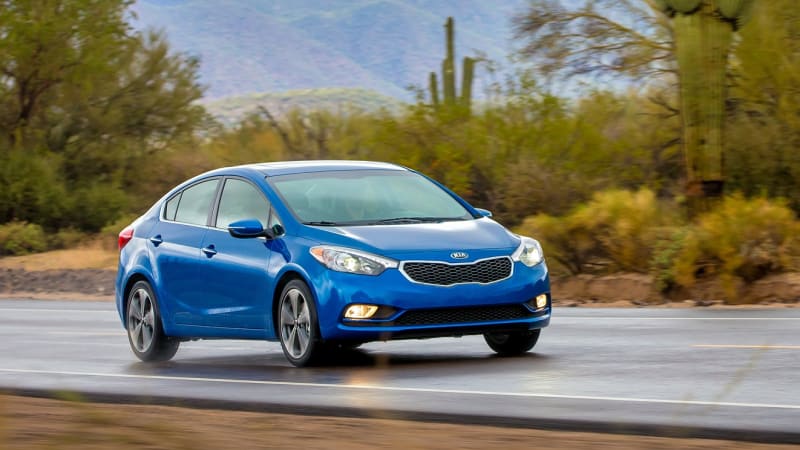Thieves increasingly targeting Hyundai and Kia models, IIHS study finds

Motorists who drive a Hyundai or a Kia should be extra careful about where they park. Some late-model cars built by the South Korean companies are “easy targets,” according to the Insurance Institute for Highway Safety, and theft claims are consequently increasing.
Data analyzed by the organization shows that whole vehicle theft claims involving Hyundai and Kia models built from 2015 to 2019 are nearly twice as common as claims for cars made by all other manufacturers during that time period. The total number of thefts reported increased during the pandemic, and the IIHS concluded that Hyundai and Kia vehicles are being targeted because they’re “easy to steal.”
Many of these cars are not equipped with an electronic immobilizer that prevents thieves from bypassing the ignition system.
“Our earlier studies show that vehicle theft losses plunged after immobilizers were introduced. Unfortunately, Hyundai and Kia have lagged behind other automakers in making them standard equipment,” explains Highway Loss Data Institute senior vice president Matt Moore.
The IIHS adds that 96% of the cars sold new during the 2015 model year came standard with an electronic immobilizer, up from 62% during the 2000 model year, yet only 26% of the vehicles in the Hyundai and Kia line-ups that year came standard with one. Using the Forte as an example, the immobilizer wasn’t available on the base LX and was part of the Premium Package priced at $2,700 if you chose the EX trim.
Hyundai made an electronic immobilizer standard on all of its cars starting on November 1, 2021, while every member of Kia’s 2022 range comes equipped with one. Hyundai also plans to let concerned motorists buy what the IIHS calls a security kit starting in October 2022.
Although the companies are taking action, they argue that a social media trend deserves part of the blame for the rise in thefts.
“While all of our vehicles meet or exceed federal motor vehicle safety standards, unfortunately our vehicles have been targeted in a coordinated effort on social media,” a Hyundai representative told the IIHS. The trend in question began in Milwaukee in 2021 when a group of thieves realized they could steal a car not equipped with a push-button ignition by using pliers or a USB charging cord to start the engine. Hyundai and Kia vehicles became popular targets, partly because many are not equipped with the aforementioned immobilizer.




